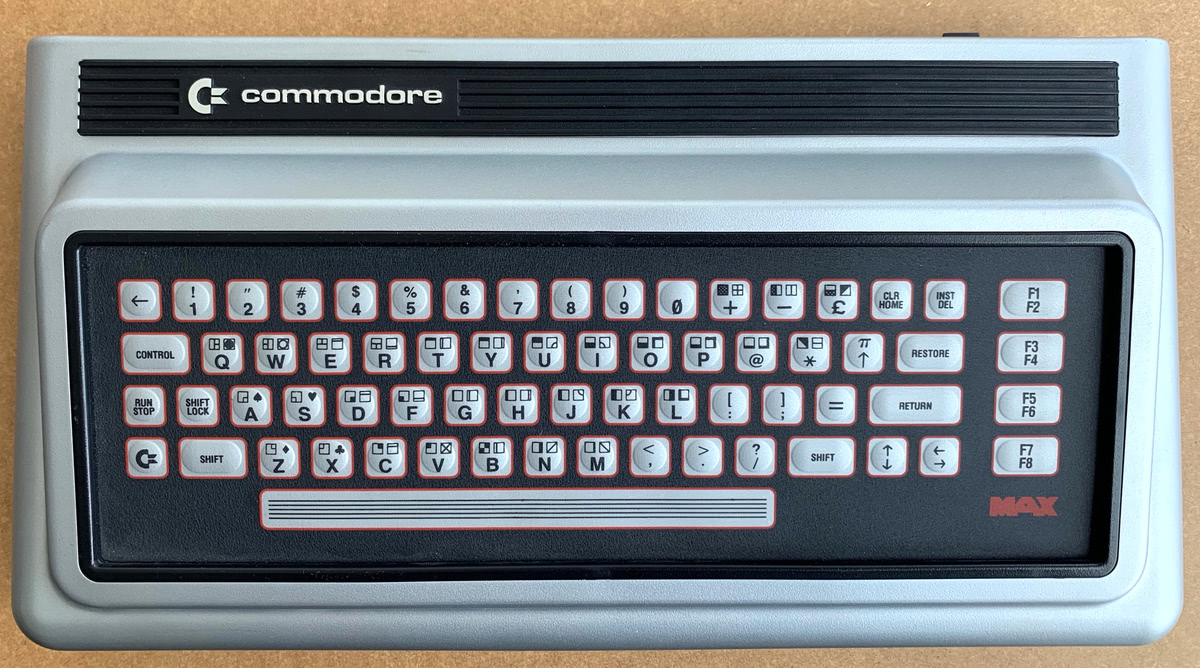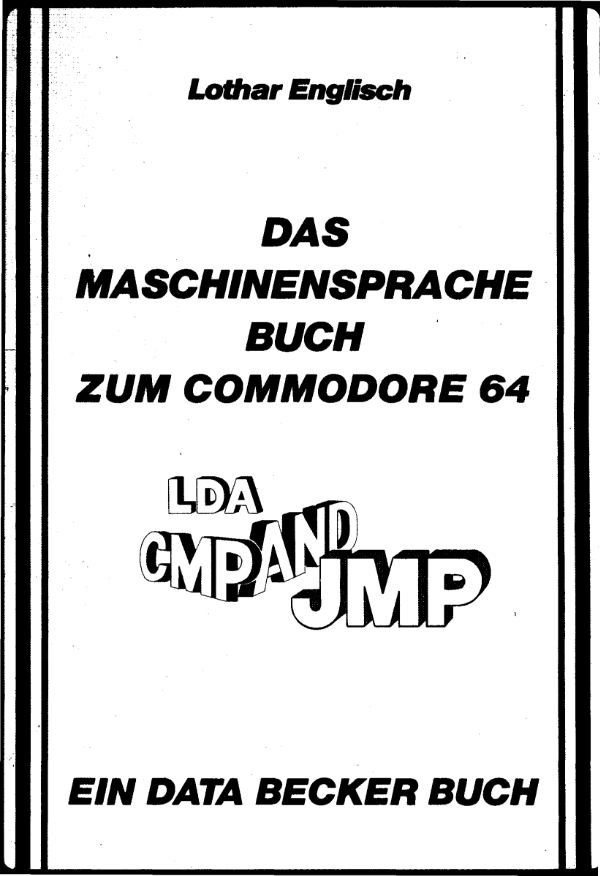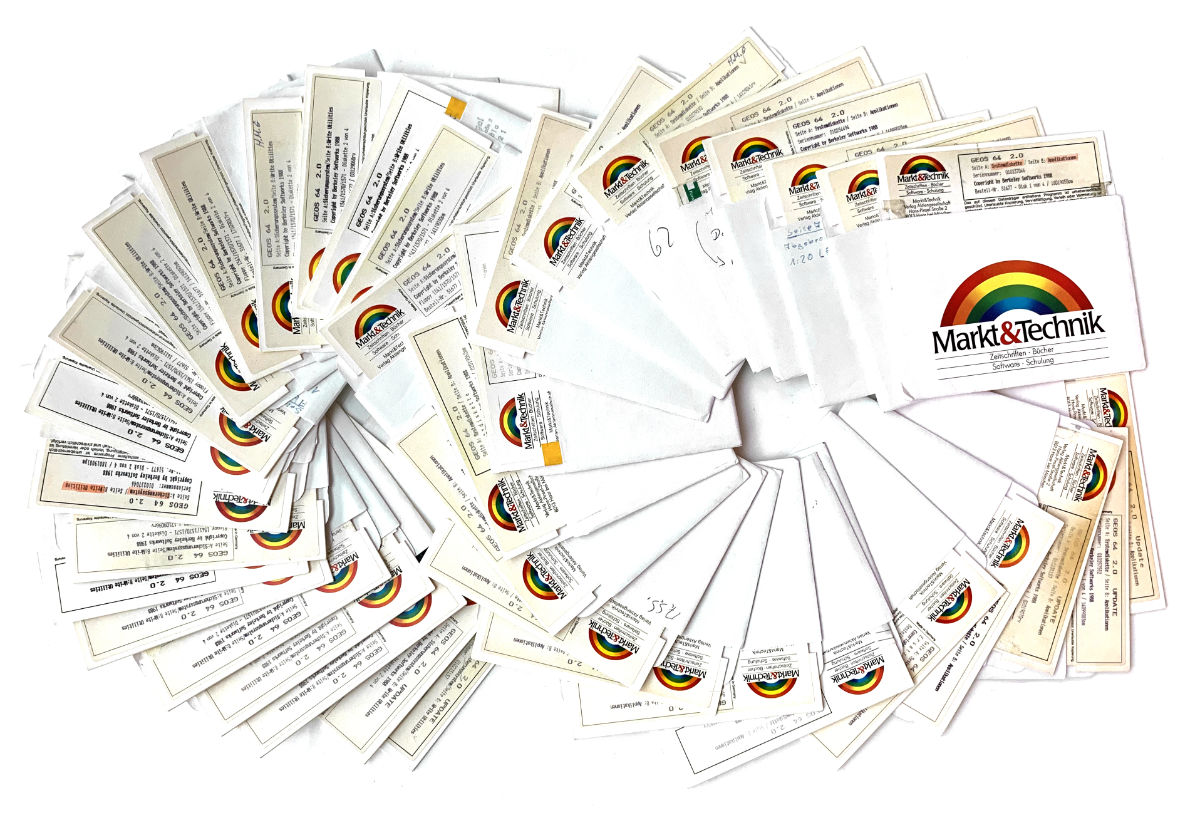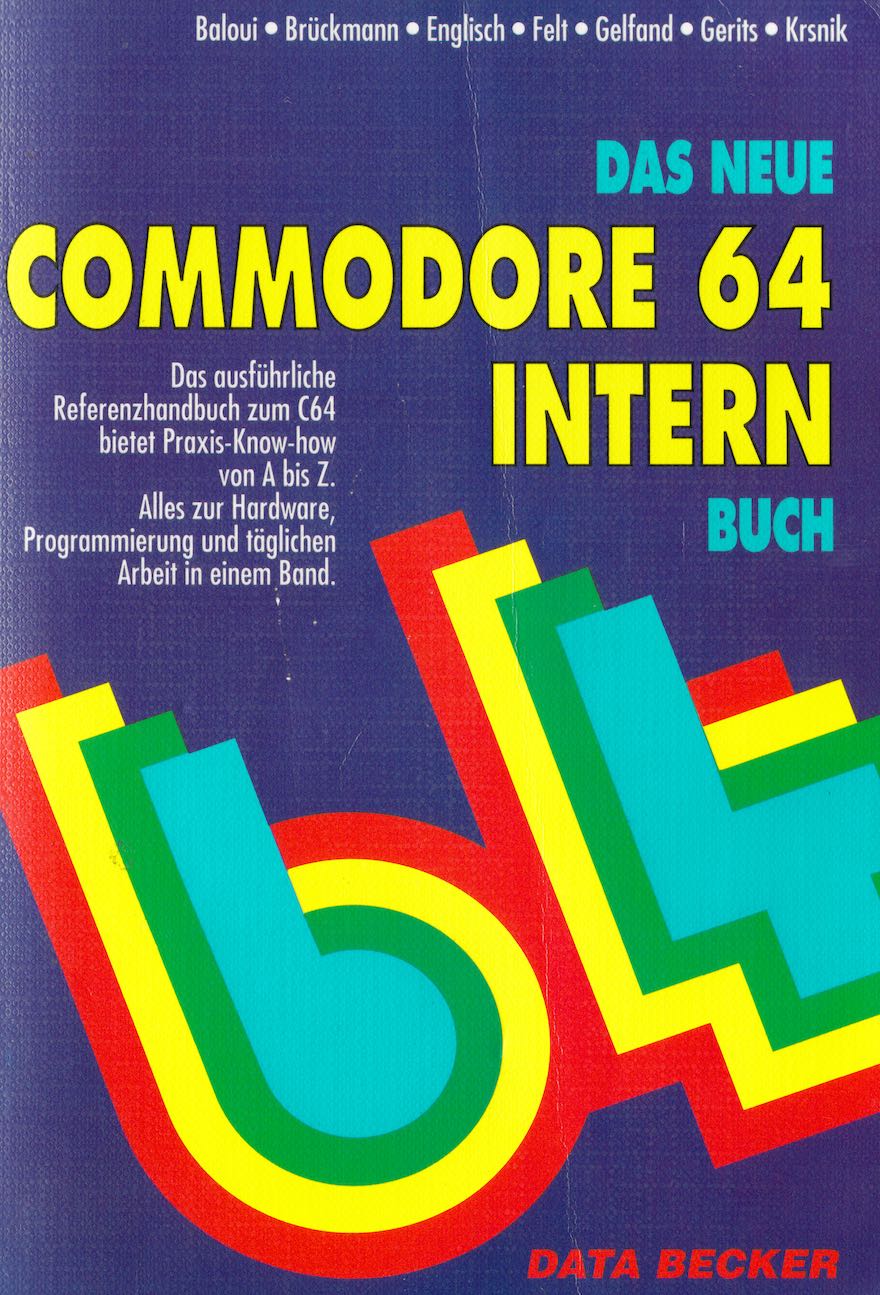Final Cartridge III with GEOS

The Final Cartridge III is great: It comes with a disk speeder, BASIC extensions, an excellent monitor – and an impressive, but ultimately useless GUI, because there are practically no applications for it. Let’s replace the FC3 GUI with GEOS!
Commodore MAX Machine
Illegal Opcode Support for the Final Cartridge III Monitor
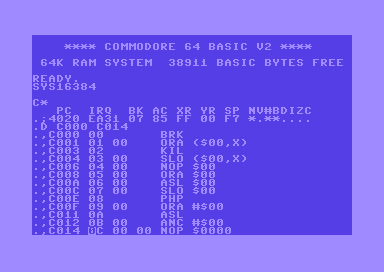
The monitor built into the Final Cartridge III is one of the best ones for the C64. Some of its unique features are:
Commodore Peripheral Bus: Part 4: Standard Serial
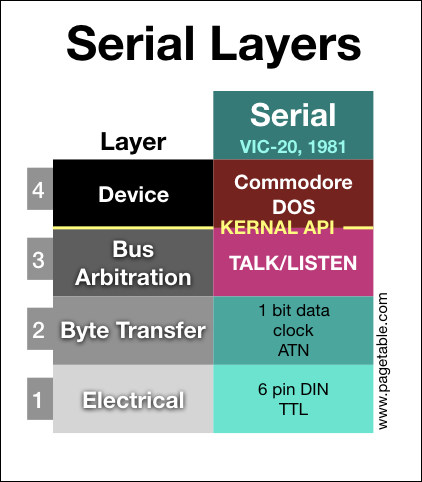
In the series about the variants of the Commodore Peripheral Bus family, this article covers the lowest two layers (electrical and byte transfer) of the “Standard Serial” bus as found on the VIC-20/C64 as the main bus, but also supported by all other Commodore home computers.
GEOS Demo [GIF]
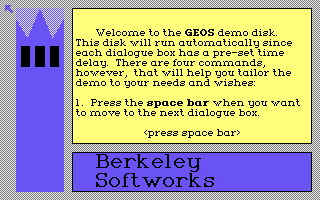
The GEOS operating system for the Commodore 64 achieved to replicate much of the GUI of the original Macintosh on a 1 MHz 8 bit CPU with just 64 KB of RAM. The GEOS Demo is a presentation by Berkeley Softworks (BSW), the creators of GEOS, to showcase the features of GEOS and BSW’s applications.
Das Maschinensprache-Buch zum Commodore 64 [PDF]
Reconstructing the GEOS 2.0 (de) Master Images from a Pile of Broken Disks
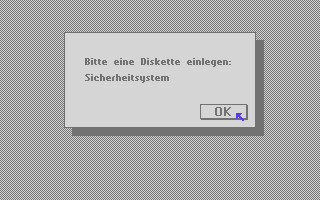
I have this pile of broken GEOS disks that were sent in for replacements. In two previous articles (1, 2), I explored the reasons why the disks broke. Now let’s be constructive: Can we reconstruct the original bits by combining the correct parts? This article shows how it is possible with the help of a small tool that combines the good parts of several broken disk images.
Building and Hacking on the C64 KERNAL & BASIC with Modern Tools
The original Commodore 64 KERNAL and BASIC source code has been available for a while. It used to be built using Commodore’s assembler of a PET.
A GEOS Speed Zone Bug? (Why Do C64 GEOS Boot Disks Break, Part 2)

I happened to come across 50 original German GEOS 2.0 disks that were broken and sent in for replacement. In the first part, I covered the disks that were broken probably due to user error. Now let’s look at the read errors on the remaining disks. As it turns out, there might be a bug in GEOS that caused the boot disks to break!
Why Do C64 GEOS Boot Disks Break? (Part 1)
Ultimate Commodore 64 BASIC & KERNAL ROM Disassembly
My side-by-side C64 ROM disassembly/commentary page has been completely redone!
Original Commodore Source Code Collection
Over the years, the ROM source code of many Commodore computers and peripherals has appeared. I have been collecting them in a git repository here:
Das neue Commodore 64 Intern Buch [PDF]
Archiving C64 Tapes Correctly
It’s pretty simple to archive Commodore 64 tapes, but it’s hard if you want to do it right. Creating the complete archive of the German “INPUT 64” magazine was not as easy as getting one copy of each of the 32 tapes and reading them. The tapes are over 30 years old by now, and many of them are hardly readable any more.
INPUT 64 Magazine Complete Archive
The complete archive of the German Commodore 64 magazine INPUT 64 (PDF, tapes, disks) is now available here.
Video of a Real C64 Defragmenting a Disk
Here is a 21 minute video of defrag1541 running on a real Commodore 64 – with sound!
A Visual Defragmenter for the Commodore 64
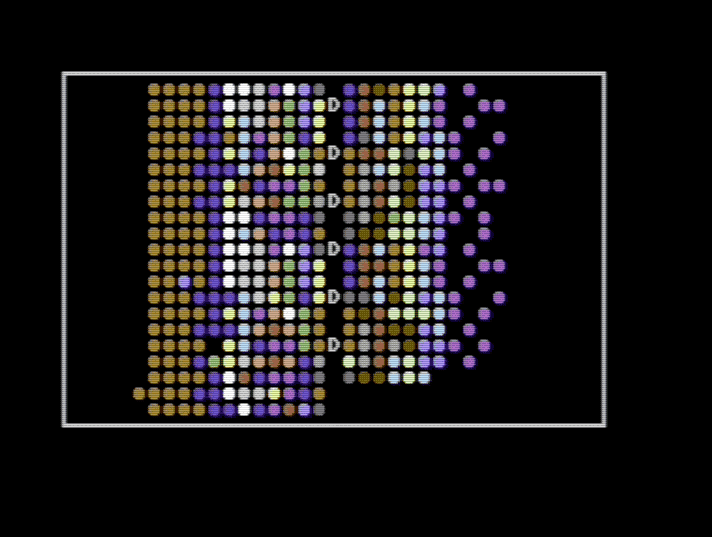
For decades, PC users have been able to relax by watching the computer defragment a disk. Now C64 users can do the same! Introducing “defrag1541”, a disk defragmentation tool for C64 and 1541.
C64-Artikel in der c’t Retro 2018
A Minimal C64 Datasette Program Loader
The Commodore Datasette recording format is heavily optimized for data safety and can compensate for many typical issues of cassette tape, like incorrect speed, inconsistent speed (wow/flutter), and small as well as longer dropouts. This makes the format more complex and way less efficient than, for example, “Turbo Tape” or all other custom formats used by commercial games. Let’s explore the format by writing a minimal tape loader for the C64, optimized for size, which can decode correct tapes, but does not support error correction.
Making Of “Murdlok”, the new old adventure game for the C64
Recently, the 1986 adventure game “Murdlok” was published here for the first time. This is author Peter Hempel‘s “making-of” story, in German. (English translation)
